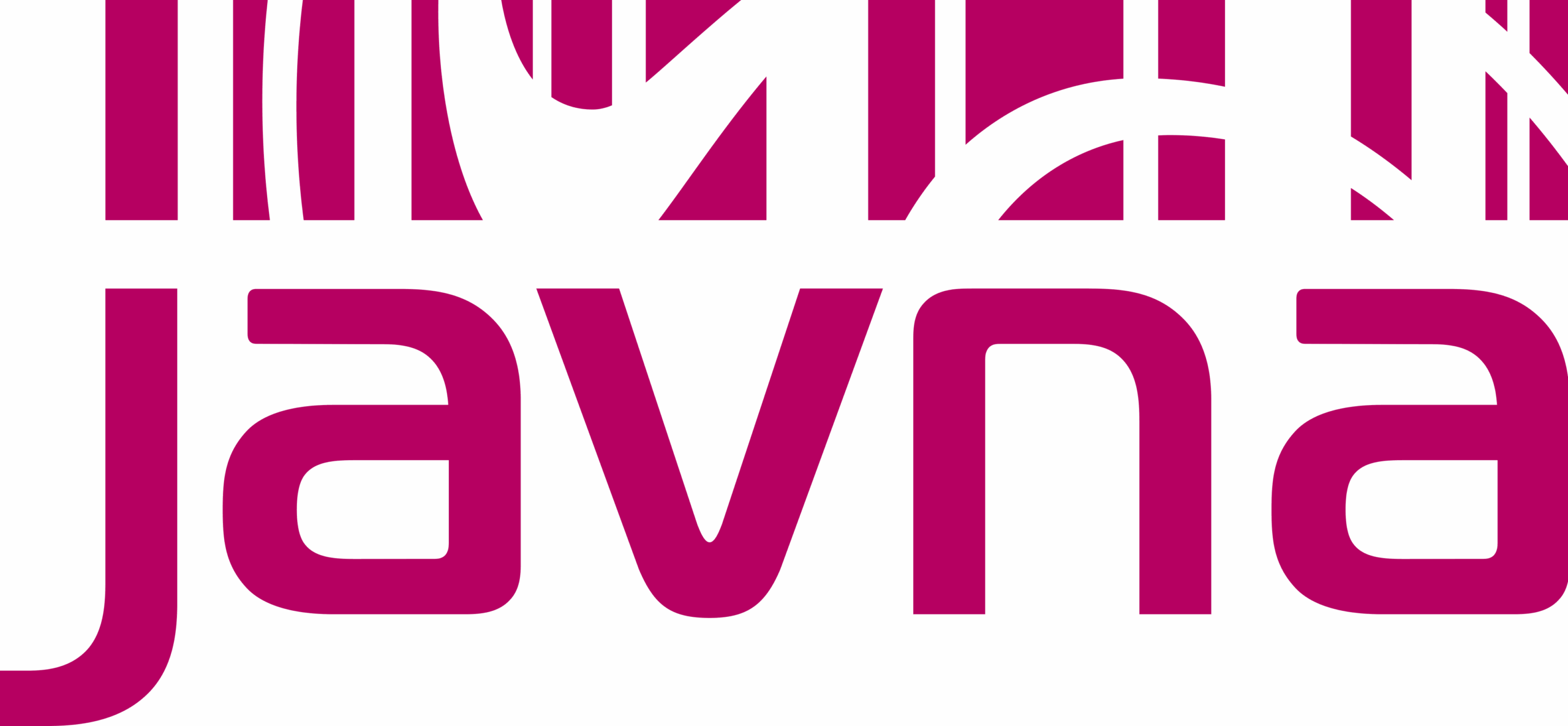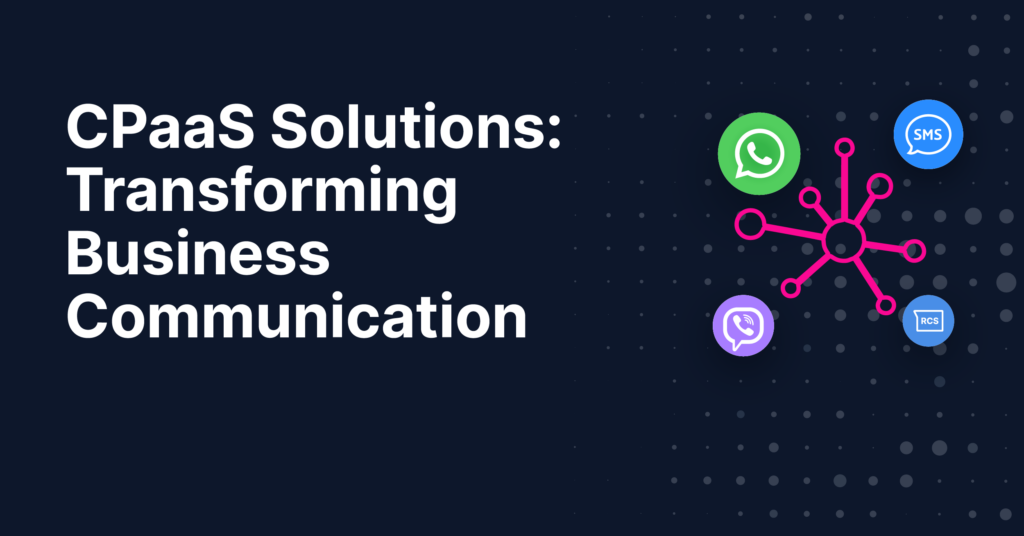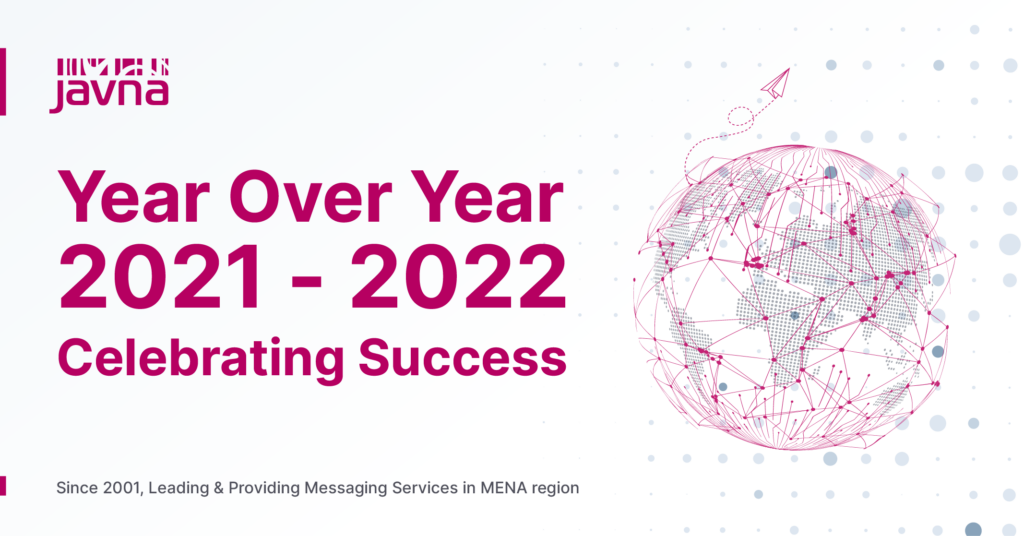CPaaS solutions are at the forefront of modernizing business communication. This article provides a comprehensive introduction to Communication Platform as a Service (CPaaS), exploring its key components and the transformative impact it has on the way businesses connect and engage with customers. You will gain a clear understanding of how CPaaS works, its diverse applications, and the significant advantages it offers in today’s digital communication landscape.
1. What is CPaaS?
Communication Platform as a Service (CPaaS) is a cloud-based solution that enables businesses to integrate communication features into their applications without needing to build backend infrastructure and interfaces.
-
Fundamental Components of CPaaS:
-
- APIs (Application Programming Interfaces): CPaaS primarily uses APIs to embed communication capabilities like voice, video, and messaging into business applications.
- SDKs (Software Development Kits): These kits provide tools, libraries, and documentation to facilitate the integration of communication features.
- Real-Time Communication Services: This includes instant messaging, voice and video calls, and real-time data sharing.
- Scalability: CPaaS solutions can easily scale up or down based on business needs, allowing for flexibility and growth.
- Customization and Control: Businesses have control over the communication features, tailoring them to specific needs and customer experiences.
- Security and Compliance: CPaaS provides secure communication channels, often with built-in compliance to data protection regulations.
CPaaS solutions offer a versatile and efficient way for businesses to enhance their communication systems, adapting to the dynamic needs of modern digital interactions.
2. Key Features of CPaaS Solutions
CPaaS solutions are characterized by several defining features and functionalities:
-
- Multichannel Communication: Allows integration of various communication channels like SMS, voice, video, and email into a single platform.
- API-Driven Flexibility: APIs provide the flexibility to embed communication features into existing business applications seamlessly.
- Customization: Businesses can customize communication tools to fit their specific needs and workflow.
- Scalability: CPaaS platforms can easily scale to accommodate business growth or fluctuating communication needs.
- Real-Time Analytics: Offers real-time analytics and insights into communication patterns and customer interactions.
- Enhanced Security: Includes robust security measures to protect sensitive data and ensure compliance with privacy regulations.
- Cloud-Based Infrastructure: Being cloud-based, CPaaS solutions offer reliability and accessibility without the need for extensive hardware.
These features make CPaaS an adaptable and powerful tool for businesses seeking to improve their communication infrastructure.
3. Benefits of CPaaS for Businesses
CPaaS solutions bring numerous benefits to various business models and industries:
-
- Enhanced Customer Interaction: Enables businesses to engage with customers through their preferred channels, leading to improved customer experiences.
- Cost-Effective Communication: Reduces the need for extensive hardware investments, lowering overall communication costs.
- Increased Flexibility: Offers the ability to quickly adapt to market changes and customer needs.
- Improved Efficiency: Streamlines communication processes, saving time and resources.
- Global Reach: Facilitates easy expansion of business communication to a global audience.
- Data-Driven Decisions: Provides valuable insights into customer behavior, aiding in strategic decision-making.
- Innovation in Services: Encourages innovation by easily integrating advanced communication technologies.
In summary, CPaaS solutions enhance business communication, offering cost-effective, flexible, and innovative ways to connect with customers across industries.
4. Implementing CPaaS in Business Strategy
Integrating CPaaS solutions into existing business frameworks involves a strategic approach:
-
- Assess Communication Needs: Identify the specific communication requirements of your business and customers.
- Choose the Right CPaaS Provider: Select a provider that aligns with your business needs, offering the necessary features and scalability. You can rely on Javna for a provider that meets a broad range of communication needs.
- Plan Integration: Develop a plan for integrating CPaaS functionalities into your current systems, considering minimal disruption to existing operations.
- Customize Solutions: Tailor the CPaaS features to fit your unique business processes and customer engagement strategies.
- Train Your Team: Ensure your team is well-trained on the new platform for maximum efficiency.
- Monitor and Optimize: Continuously monitor the performance and gather feedback to optimize the communication strategy.
- Stay Updated: Keep abreast of new features and updates in CPaaS technology to continually enhance your communication capabilities.
By strategically integrating CPaaS into your business, with providers like Javna, you can significantly improve communication efficiency and customer engagement.
5. Benefits of CPaaS in Different Use Cases
1. Retail and E-commerce:
-
- Enhances customer engagement through personalized marketing messages and promotions.
- Streamlines order updates and delivery notifications, improving customer experience.
2. Banking and Finance:
-
- Facilitates secure and instant notifications for transactions and account alerts.
- Improves customer service with efficient query resolutions and communication.
3. Travel and Hospitality:
-
- Enables seamless booking confirmations, travel updates, and promotional offers.
- Enhances guest services through personalized communication and feedback collection.
4. Sales Department:
-
- Drives lead generation and follow-ups through targeted communication campaigns.
- Enhances customer relationship management with timely and personalized interactions.
5. Marketing Department:
-
- Leverages CPaaS for tailored marketing campaigns and customer engagement strategies.
- Gathers valuable customer insights for data-driven marketing decisions.
6. Customer Support:
-
- Provides efficient support through various channels, including SMS, chat, and social media.
- Ensures quick resolution of customer queries, leading to higher satisfaction rates.
CPaaS solutions offer tailored benefits across different sectors and departments, enhancing communication strategies and customer engagement.
6. Conclusion
In conclusion, CPaaS solutions are pivotal in the evolving landscape of business communication. This article has illuminated the essence of CPaaS, demonstrating its ability to unify multiple communication channels into a cohesive, efficient system. Its significance spans various industries and departments, enhancing customer engagement, operational efficiency, and personalized marketing strategies. More than a technological advancement, CPaaS is a strategic tool that reshapes business-customer interactions in our digital era. Businesses aiming to excel in this interconnected communication landscape can confidently rely on Javna, a provider adept in leveraging CPaaS to its full potential, ensuring businesses not only adapt to but thrive in the modern world of communication.
7. FAQs about CPaaS solutions
-
How does CPaaS work?
CPaaS, or Communication Platform as a Service, operates by integrating communication functionalities into business applications via APIs (Application Programming Interfaces). These APIs serve as the primary building blocks, allowing businesses to embed voice, video, text messaging, and other communication features into their existing software systems without the need to create complex infrastructures.
CPaaS providers host these services on cloud platforms, ensuring scalability, flexibility, and ease of integration. This approach allows businesses to tailor their communication tools to their specific needs, enhancing customer interaction and overall operational efficiency. The cloud-based nature of CPaaS solutions ensures they are easily accessible and adaptable to evolving business requirements.
-
Who needs CPaaS?
CPaaS is essential for businesses seeking to enhance their communication strategies and engage effectively with customers. It’s particularly valuable for sectors like retail, healthcare, finance, and education, where personalized and efficient communication is key. CPaaS solutions cater to departments such as marketing, sales, and customer service, offering tools to streamline interactions and improve customer experience. Essentially, any organization aiming to modernize its communication methods and integrate advanced technological solutions into its operations will find CPaaS invaluable.
-
Is CPaaS the future?
Absolutely, CPaaS is widely regarded as the future of business communication. Its ability to integrate diverse communication channels through cloud-based platforms positions it at the forefront of modern communication strategies. CPaaS adapts to the evolving needs of digital interactions, offering scalability, customization, and enhanced customer engagement. As businesses continue to seek innovative ways to connect with their audience, CPaaS solutions stand out as key enablers for future-ready communication infrastructures.
By the year 2031, projections suggest that the CPaaS market size is expected to surpass USD 118.18 billion.
-
Why choose CPaaS?
Choosing CPaaS offers businesses a flexible, scalable way to enhance communication with customers. It integrates various communication channels like SMS, email, and voice into a unified platform, allowing for more personalized and efficient customer interactions. CPaaS solutions are cloud-based, ensuring ease of access and adaptability to changing business needs, making them a strategic choice for businesses aiming to stay ahead in the digital communication landscape.
-
What are the channels of CPaaS?
CPaaS channels encompass a range of communication mediums, including SMS, voice calls, video calls, email, and instant messaging. These platforms also integrate with social media and other digital communication tools, providing a comprehensive suite of options for businesses to connect with their customers effectively. CPaaS facilitates seamless integration across these diverse channels, ensuring a unified communication experience.
-
What is A2P in CPaaS?
In CPaaS, A2P (Application-to-Person) refers to automated communication from a software application to an individual user, typically via SMS or messaging services. A2P is a key component of CPaaS solutions, enabling businesses to send bulk messages for alerts, notifications, and marketing purposes directly to customers’ devices, ensuring timely and efficient communication. Check Javna SMS product page.



